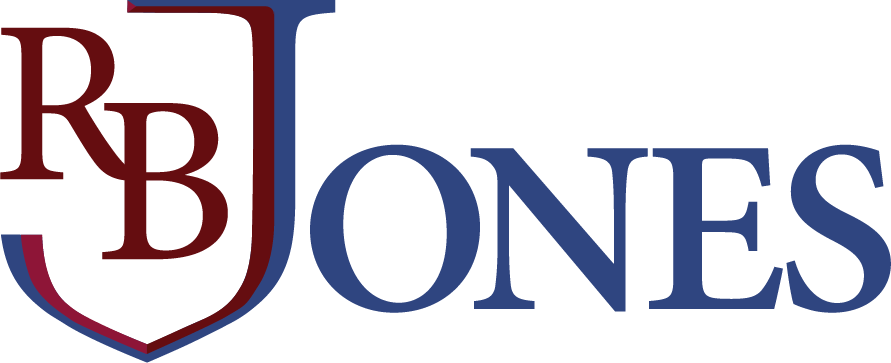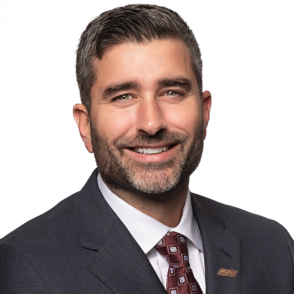Professional errors are a risk in any industry and can lead to severe financial loss. To learn more about the Errors and Omissions (E&O) Insurance, we spoke with Kenneth Labelle, Broker, Professional Liability, Burns & Wilcox Brokerage, Chicago, Illinois.
What are the greatest risks related to Errors & Omissions?
K.L.: There are hundreds of different classes of E&O business, from technology consultants to construction management and so on. They all have one thing in common: financial loss exposure. Errors and Omissions Insurance, at its most basic level, is for financial loss resulting from the delivery of professional services. Professional services can be thought of as something that requires a higher level of knowledge of a specific topic. One would not pay their neighbor for financial advice, but they would pay a financial planner for advice. That transfer of payment for service is a key component in a professional liability policy, just as receiving intellectual advice is.
What should professionals be aware of relative to these risks?
K.L.: Be aware of the exposures that exist within the services provided. There are various outcomes, so it is impossible to foresee what can legally occur. To understand potential exposures to risk, be conscious of where professional advice will be used and how it will be used.
How does E&O Insurance help them respond to these threats?
K.L.: The policies are duty-to-defend policies, which will support the insured even when allegations are groundless. Defense costs and indemnity are always provided, but you may even have items such as subpoena coverage and court attendance costs included in a policy. There are other parts of an E&O Insurance policy, as well, such as contingent risks. For some businesses, the advice they are paid to supply can result in bodily injury or property damage. If this were to happen, an endorsement such as contingent bodily injury and property damage can be extremely important to an E&O Insurance policy. There are also other items, such as third-party discrimination, that someone such as a property manager may want to include in their policy.
How has COVID-19 affected the E&O Insurance market?
K.L.: Specific to E&O Insurance, many classes of business have not been significantly affected. Property managers are one class that have seen higher requirements; for example, to show they are limiting common-space activities and properly cleaning common spaces. Classes like Home Healthcare E&O Insurance or Facility-Based E&O Insurance have become more difficult due to communicable disease possibilities. These have seen exclusions added for communicable disease or outright market declinations for the class of business.
What steps should companies take to complement insurance coverage from a prevention standpoint?
K.L.: Background checks, employee training, and job site training are important. Knowledgeable employees keep a company strong and allow it to thrive by limiting exposures.
What are the greatest opportunities for brokers to get into E&O Insurance?
K.L.: E&O Insurance can be difficult to understand, so the advantage is had by knowledge. E&O Insurance is not a named-peril policy explaining what it covers in detail. It is a broad policy based on definition or a description of services with a list of things that are not covered, called exclusions. There is nothing black and white about E&O Insurance, so it requires knowledge to work in the space, which can allow a broker to differentiate themselves.
What advice would you give brokers to increase their success rates with these products?
K.L.: Read policy language. Constantly educate yourself on carrier policies and have many conversations with underwriters to get a strong sense of what each market is looking to insure.
What advice would you give brokers on targeting people to sell this coverage to?
K.L.: Pick a specific type of practice and focus on it. There are too many classes to start out with a broad scope. Choose something like Technology E&O Insurance, Healthcare E&O Insurance, or Financial Planners E&O Insurance. That allows the learning process to be quicker and direct to that specific business industry.
ERRORS AND OMISSIONS INSURANCE
WHY YOUR CLIENTS MIGHT NEED IT: Anyone who provides professional services, meaning they are paid for having a higher level of knowledge of a specific topic, is at risk for financial loss if they face a lawsuit.
PROTECTS AGAINST: Claims from clients against professionals suggesting negligence, poor performance, errors in judgment and any omissions.
EXPERT OPINION: “The policies are duty-to-defend policies, which will support the insured even when allegations are groundless. Defense costs and indemnity are always provided, but you may even have items such as subpoena coverage and court attendance costs included in a policy,” said Kenneth Labelle, Broker, Professional Liability, Burns & Wilcox Brokerage, Chicago, Illinois





